Billionaire tech entrepreneur Elon Musk has created a stir after the announcement of his first successful brain implant in a human being. The recent human trial from Neuralink saw extremely successful results that people would have only written into a science fiction movie decades before.
However, some researchers are raising questions about the breakthrough study and the alleged lack of transparency regarding certain information from the trial.
Neuralink’s Brain Implant
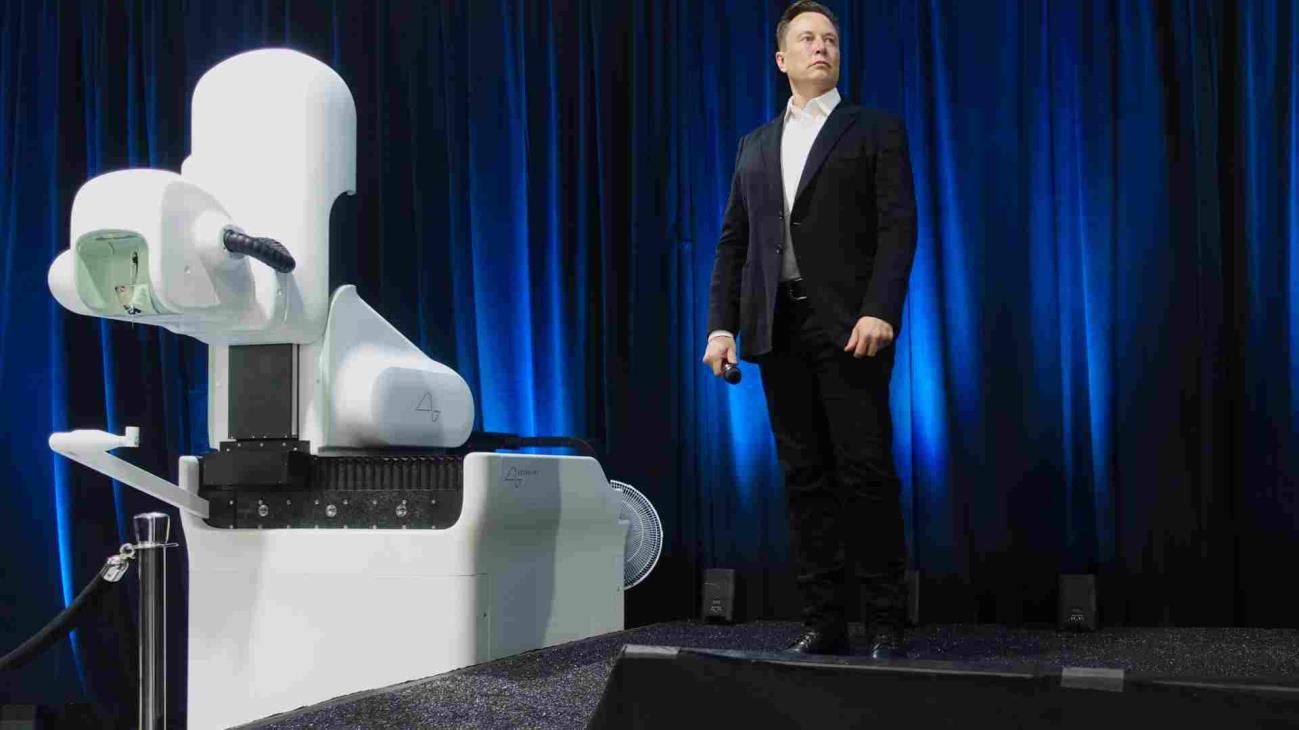
According to Reuters, Musk announced the first-ever full brain-chip transplant into a human being earlier in January. The company responsible for the technology, Neuralink, was founded by Musk and a team of scientists and engineers in 2016.
The company received clearance from the US Food and Drug Administration (FDA) last year to proceed with human trials and conducted a study to surgically implant a brain-computer interface (BCI) implant in the area of the brain that controls a person’s movement with a robot.
Goal of the Study
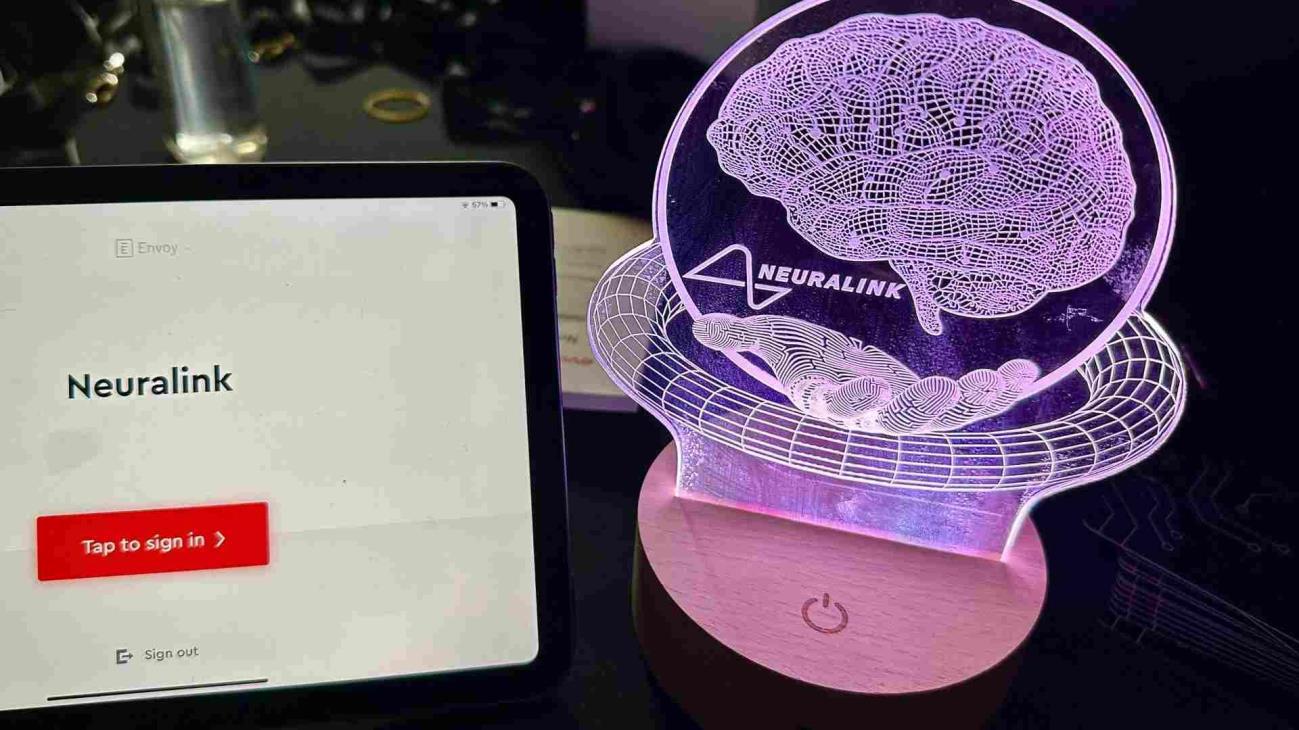
The goal of the Neuralink study was to see if their brain implant technology could allow a person using only their brain to be able to control a cursor or keyboard on a computer screen.
According to Musk, after the first test subject recovered from the surgery, they were successful in getting a computer cursor to move on a monitor with just their thoughts alone. “Progress is good and the patient seems to have made a full recovery, with no ill effects that we are aware of,” Musk said on X, formerly known as Twitter.
Neuralink Has Been Quiet About Development

Wired reported that Neuralink has been “tight-lipped” about the testing and development process for the brain implant, citing the fact that there have been few social media posts about the topic.
Researchers are wary about possible side effects that haven’t been fully explored, as it was previously reported by Wired that there were possibly problems when Neuralink chips were implanted in monkeys.
Arthur Caplan Wants Peer Confirmation

Bioethicist Arthur Caplan of New York University hopes that Neuralink will share more of their research to ease people’s concerns.
“I think you owe it to your subject to say, ‘Our science is sound,’ and that has to be confirmed by peers, not just by people with stake in the company,” he said. “The moral duty here is to protect the subject.”
Paul Nuyujukian Says the Claims Are “Fully Reasonable”
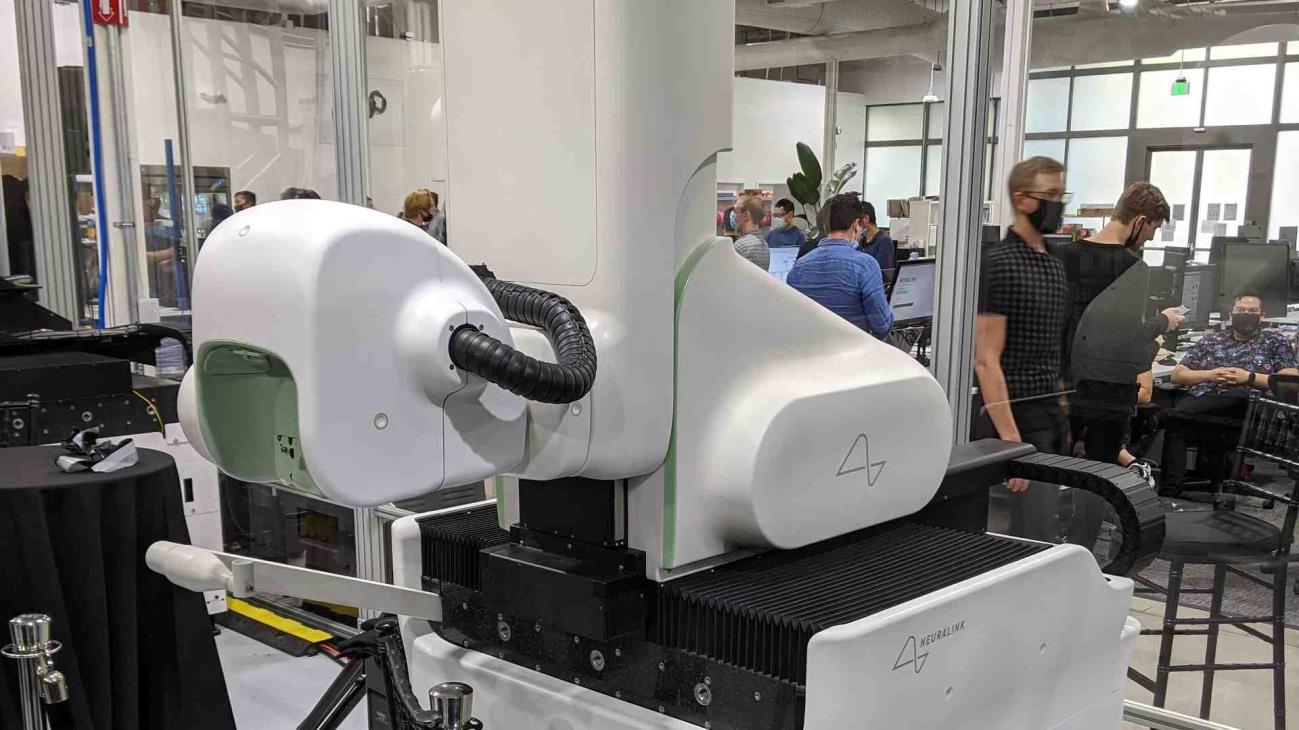
Assistant professor of bioengineering at Stanford University, Paul Nuyujukian, finds the Neuralink claims of what their device can do “fully reasonable,” according to Wired.
“In our studies, we have successfully had cursor control in the first couple of attempts after implantation, so it’s not outside the realm of reality,” Nuyujukian said.
BCIs Aren’t New
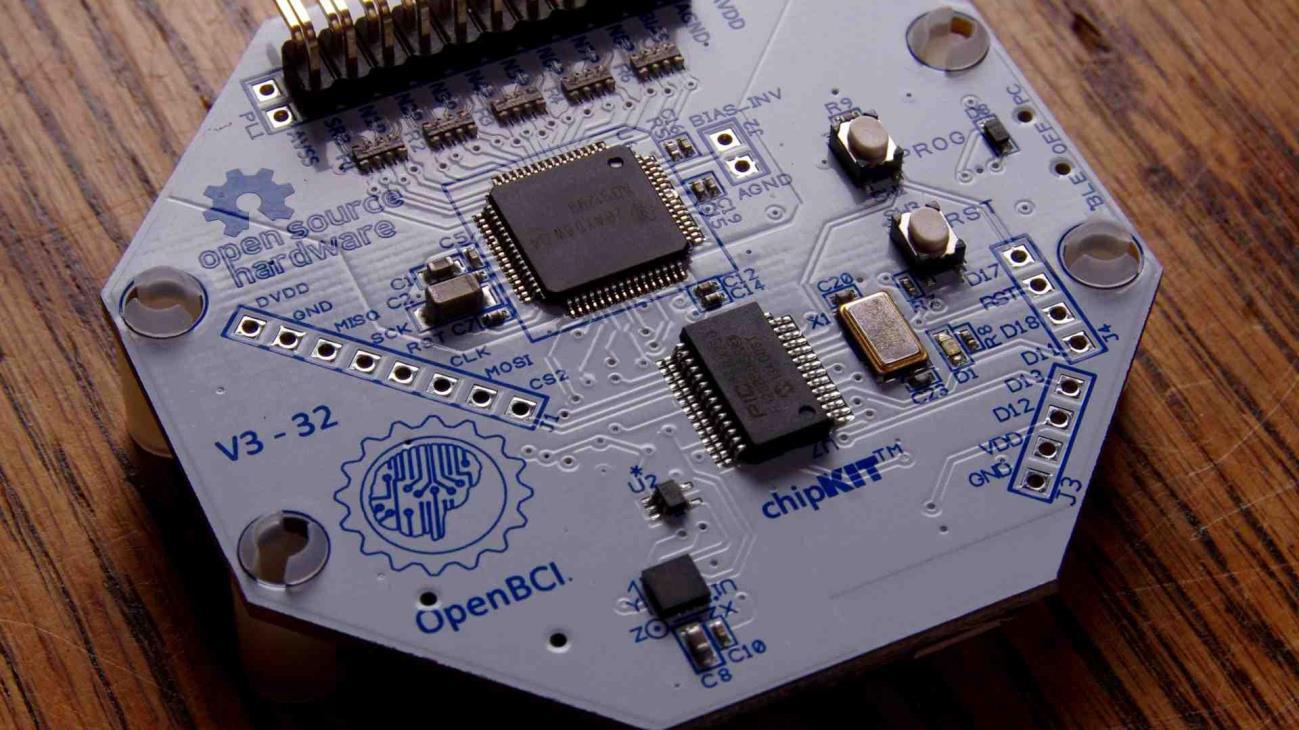
Although Neuralink is making waves for its breakthrough study, the concept of developing brain implants to create a brain-computer interface isn’t new. Academic researchers have been developing and testing BCIs for decades before this.
What makes Neuralink’s implant unique is that it is fully implanted and completely wireless with a rechargeable battery. Previous attempts at BCIs required more wired setups where cables are run into a patient’s head.
Neuralink’s Chip Boasts Record Neurons

Another property that differentiates Nerualink from the competition is the number of neurons it is able to record, which is far more than previous BCIs were capable of.
According to Wired, the Neuralink implant records 1,024 electrodes distributed across 64 threads, with each one thinner than a human hair.
Neruralink Isn’t Legally Required to Disclose Anything
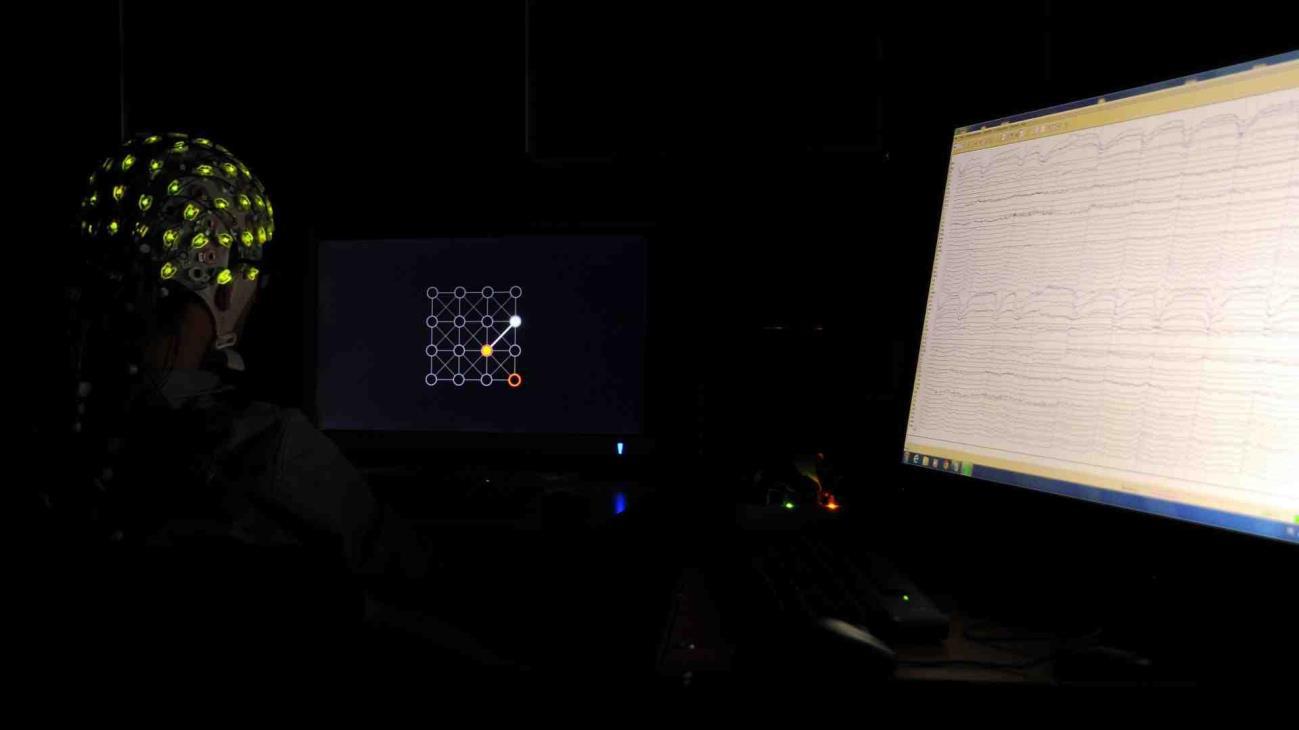
While the FDA requires all phases of a trial to be listed on ClinicalTrials.gov, there is an exception for feasibility studies of medical devices that are early in development, especially if the studies only have a few subjects.
This leaves Neuralink in a spot where there is no pressure to publish details about any human or animal testing, which leaves some to speculate there may be details about the studies they are omitting.
Justin Sanchez Demands Transparency
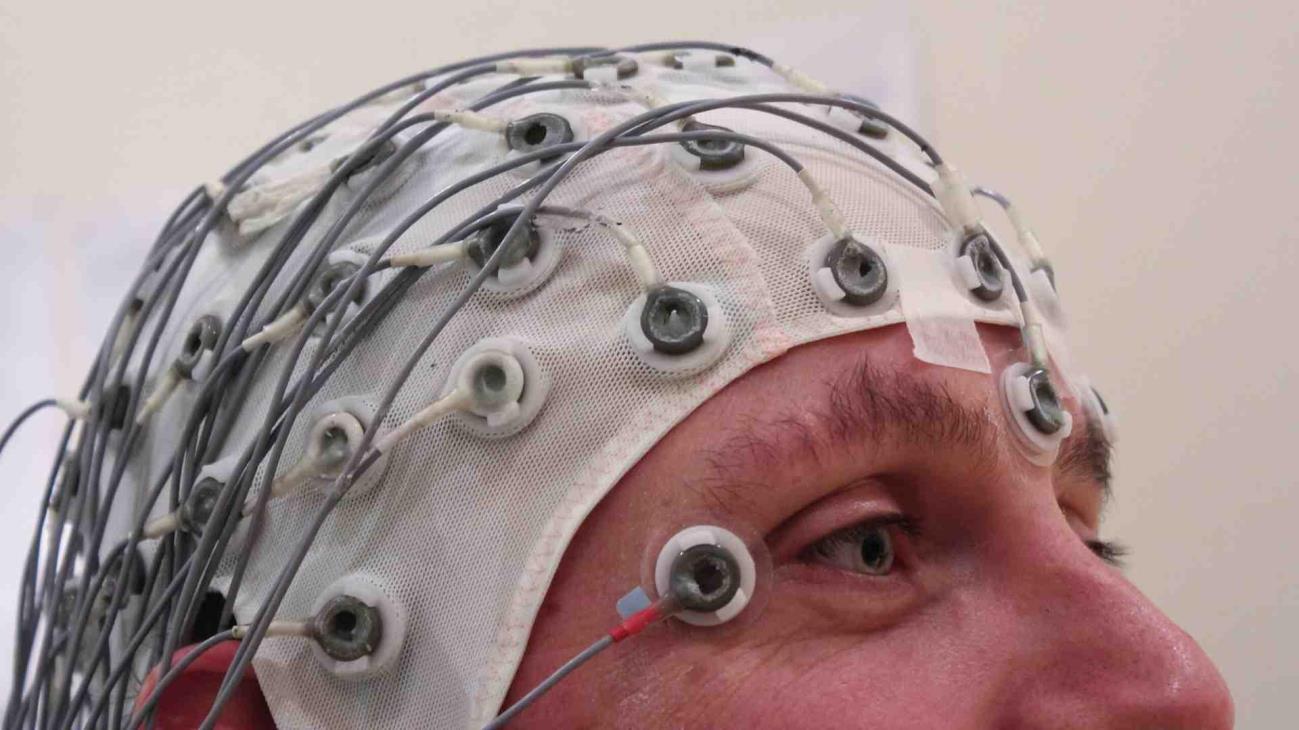
A technical fellow at the nonprofit research organization Battelle, Justin Sanchez, is insistent that there needs to be transparency about brain devices in technology.
“People care deeply about their brains. It’s the most personal thing to us,” Sanchez said.“When we start talking about building medical devices for the brain, there’s a need to be transparent.”
Potential for Misinformation
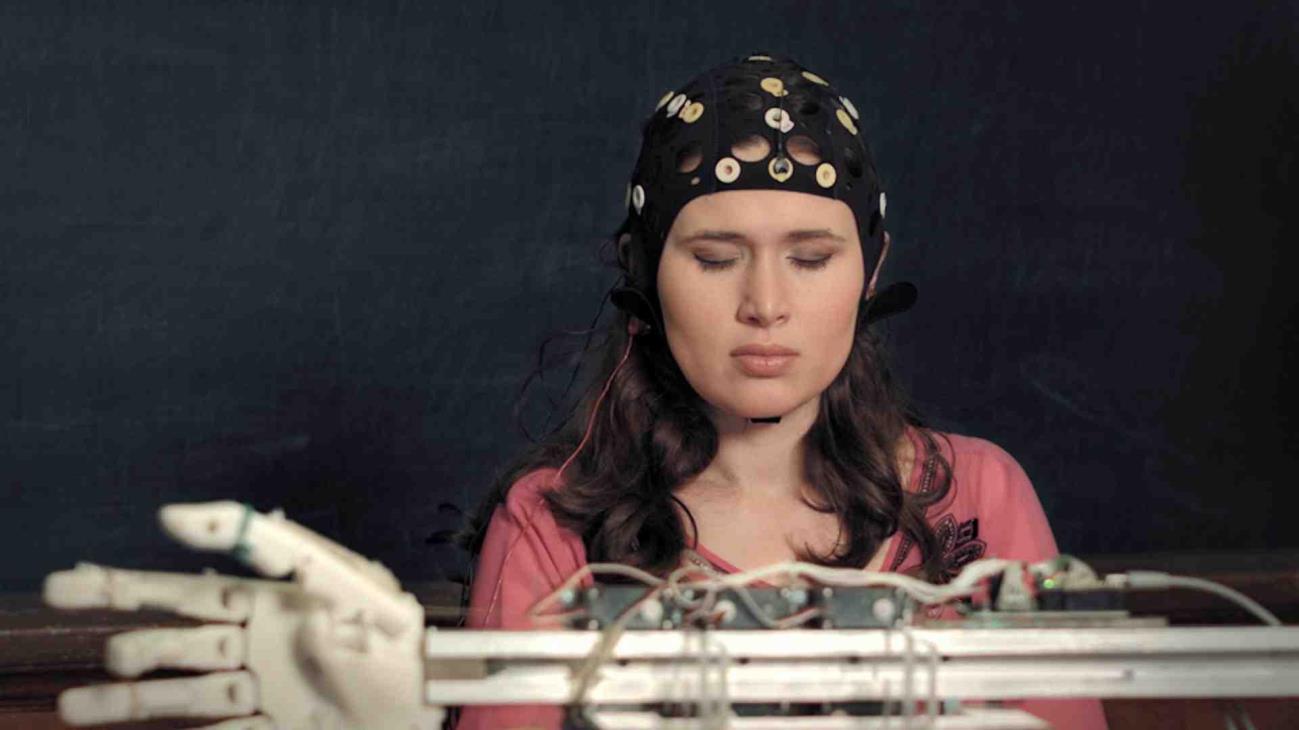
Because there is not a lot of information available about the capabilities and effects of Neuralink’s BCI implant, rumors swirl online. When there is a gap of information people will naturally fill in the blanks with their imaginations. Some speculate that these implants are “mind-reading” or “mind-control” devices.
However, Neuralink’s chip has a very narrow function, and more complicated functions will likely require a series of brain implants as neurotechnology develops in the future.
Public Opinion Suffers When They Are in the Dark

Caplan asserts that, “There’s a public fear of brain manipulation.” (via Wired) “Starting this out completely in the dark is not the way to keep the public on board,” he said.
Indeed, a Pew Research Center 2022 survey found that most people who responded had a negative view of the widespread adoption of brain chips. If Musk and Neuralink want to change people’s minds, they should ensure that the process is transparent every step of the way.
